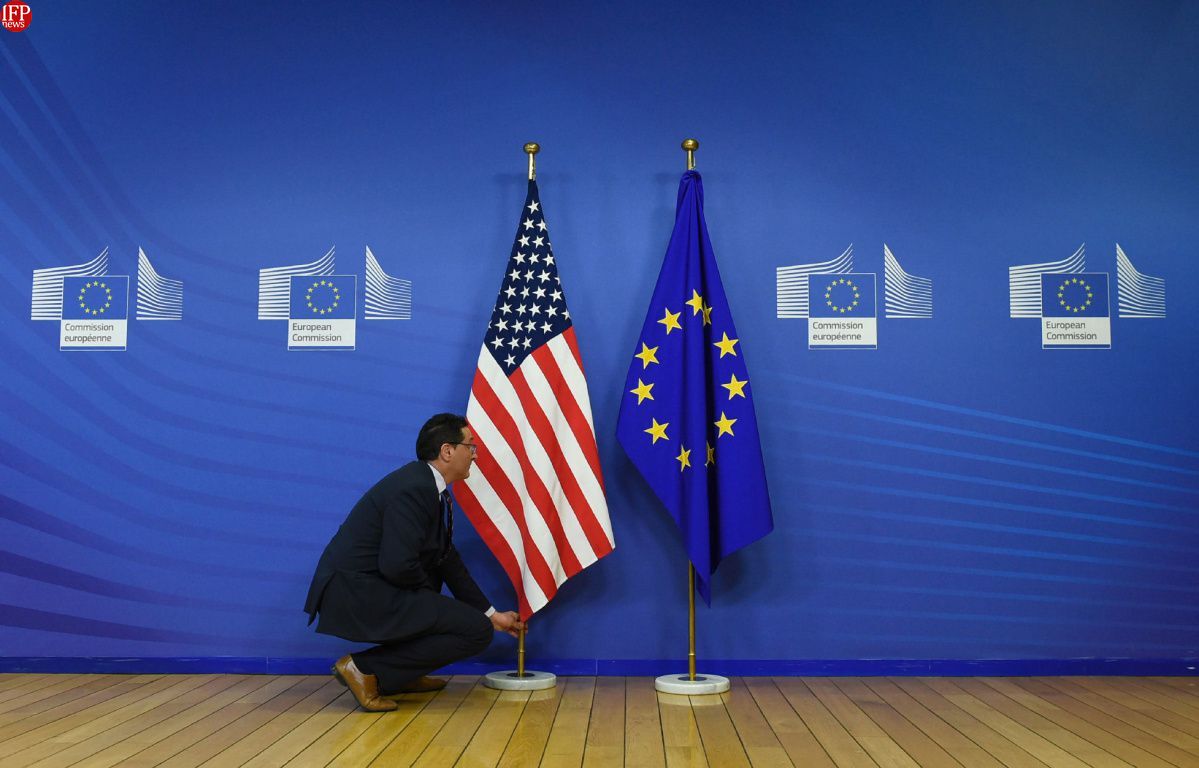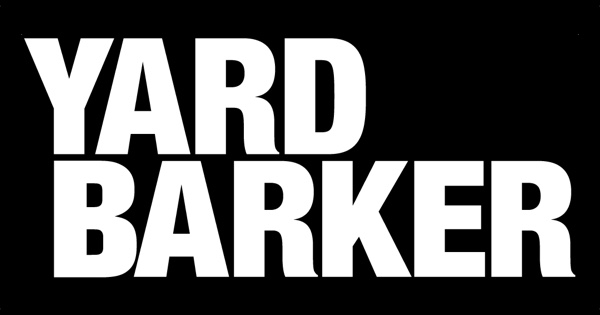By Ifp Media Wire
Copyright ifpnews

Earlier this month, the US President called on Brussels to introduce tariffs of up to 100% on Indian and Chinese goods, similar to those introduced by Washington. Trump argued that the move would increase financial pressure on Moscow to halt the Ukraine conflict by isolating countries that maintain economic ties with Russia.
”The EU will make its own decisions,” von der Leyen said, emphasizing that the bloc’s latest package of “ambitious and substantial” sanctions is enough to bring Russia to the negotiating table.
She stressed that the “increasingly complex geopolitical environment” forces the EU member states to “strengthen their partnerships based on shared interests,” adding that “closer cooperation between the EU and India is more essential than ever.”
She also stated that the bloc would continue to coordinate efforts on both sides of the Atlantic as well as with the G7 countries to help bring the Ukraine conflict to an end.
Brussels has reportedly included twelve Chinese and three Indian entities in its 19th sanctions package for allegedly helping Russia bypass previously introduced Western restrictions.
Washington, meanwhile has targeted trade with India and China.
In late August, the US imposed a 25% punitive tariff on India, bringing total import duties to 50% on most goods, citing its failure to curtail purchases of Russian oil. New Delhi’s Foreign Ministry called the move “unfair and unjustified.”
Tariffs on Chinese goods had reached as high as 145%, prompting Beijing to respond with retaliatory duties of up to 125%. After both sides agreed to temporarily lower the rates to 30% and 10% respectively earlier this year, they extended the tariff pause until November.



